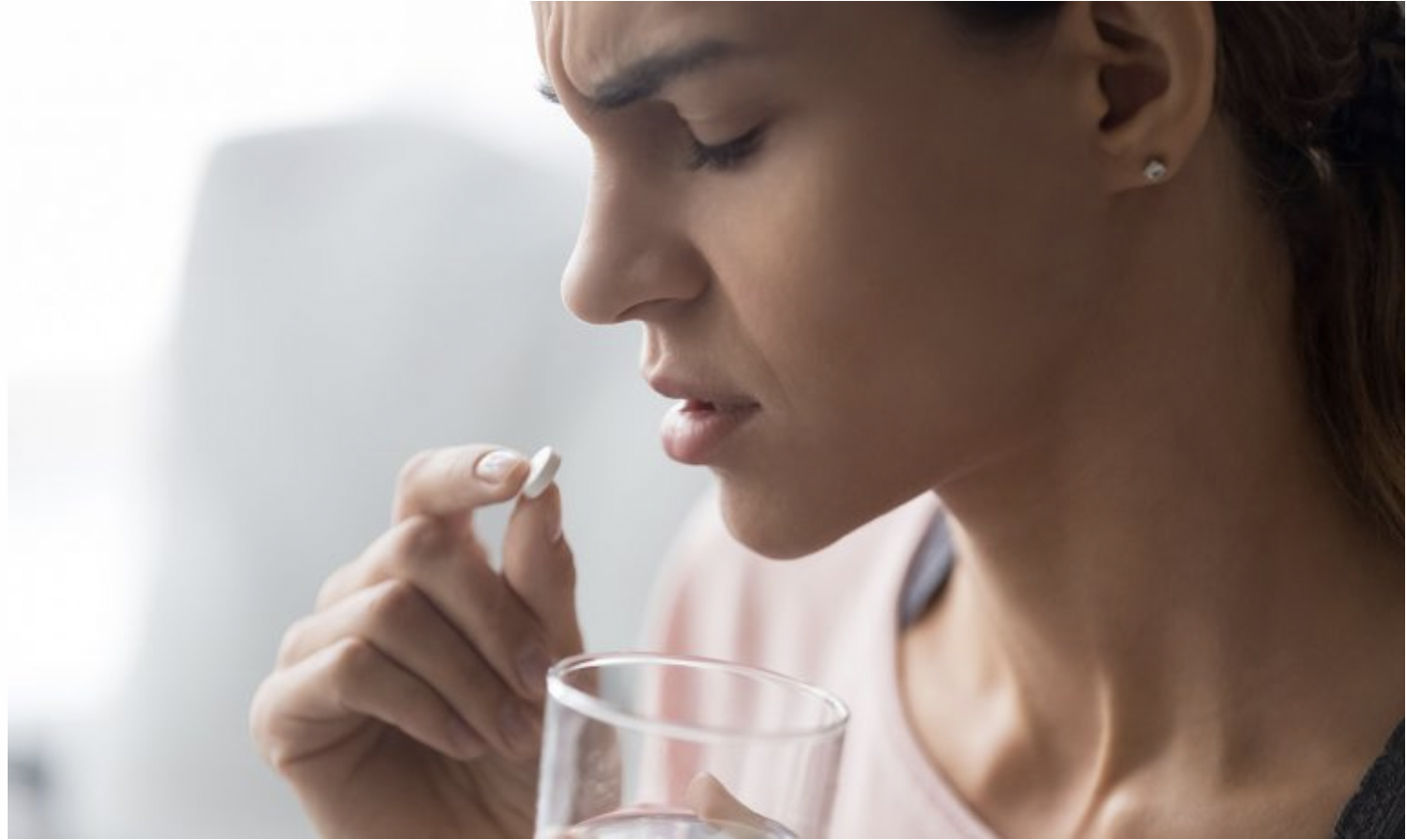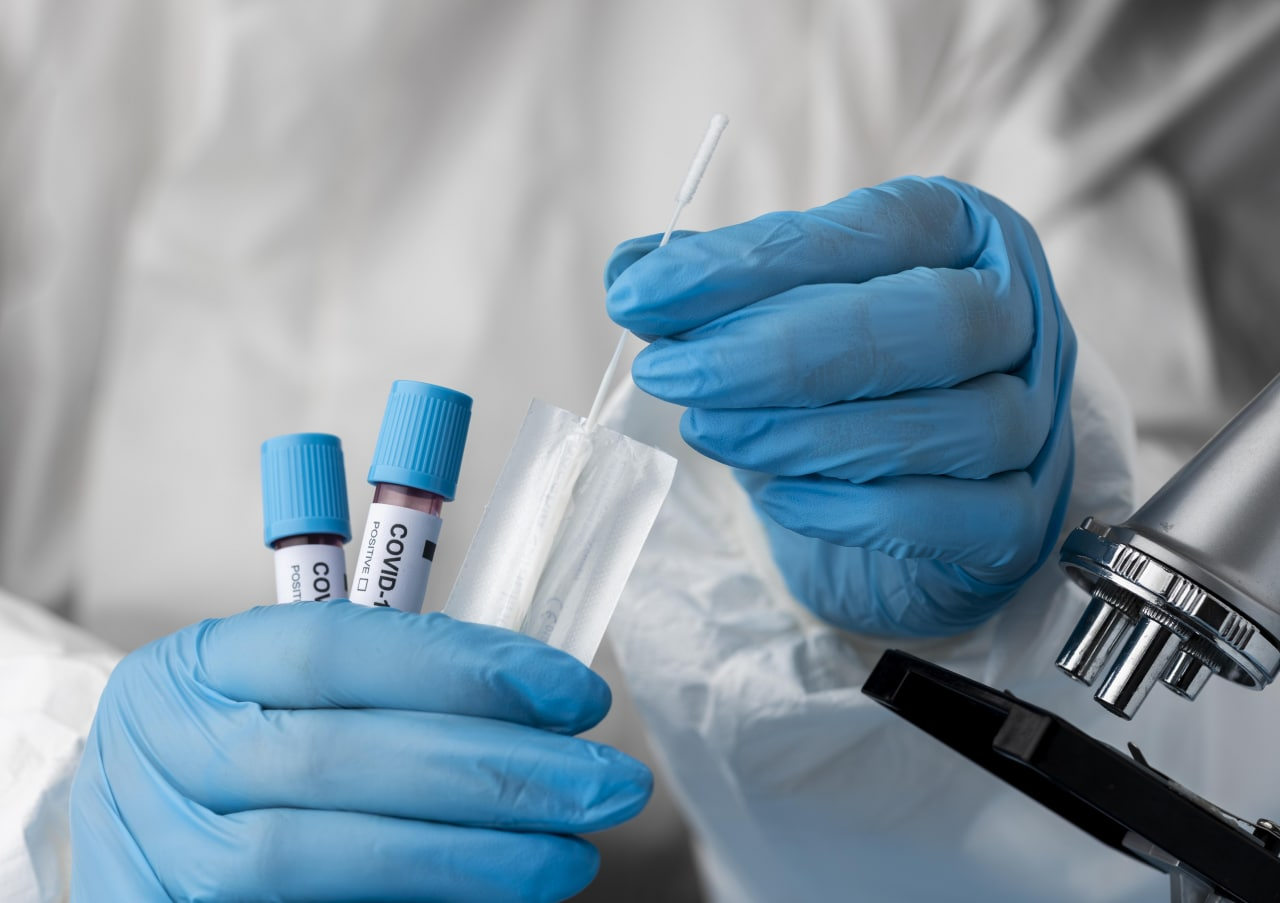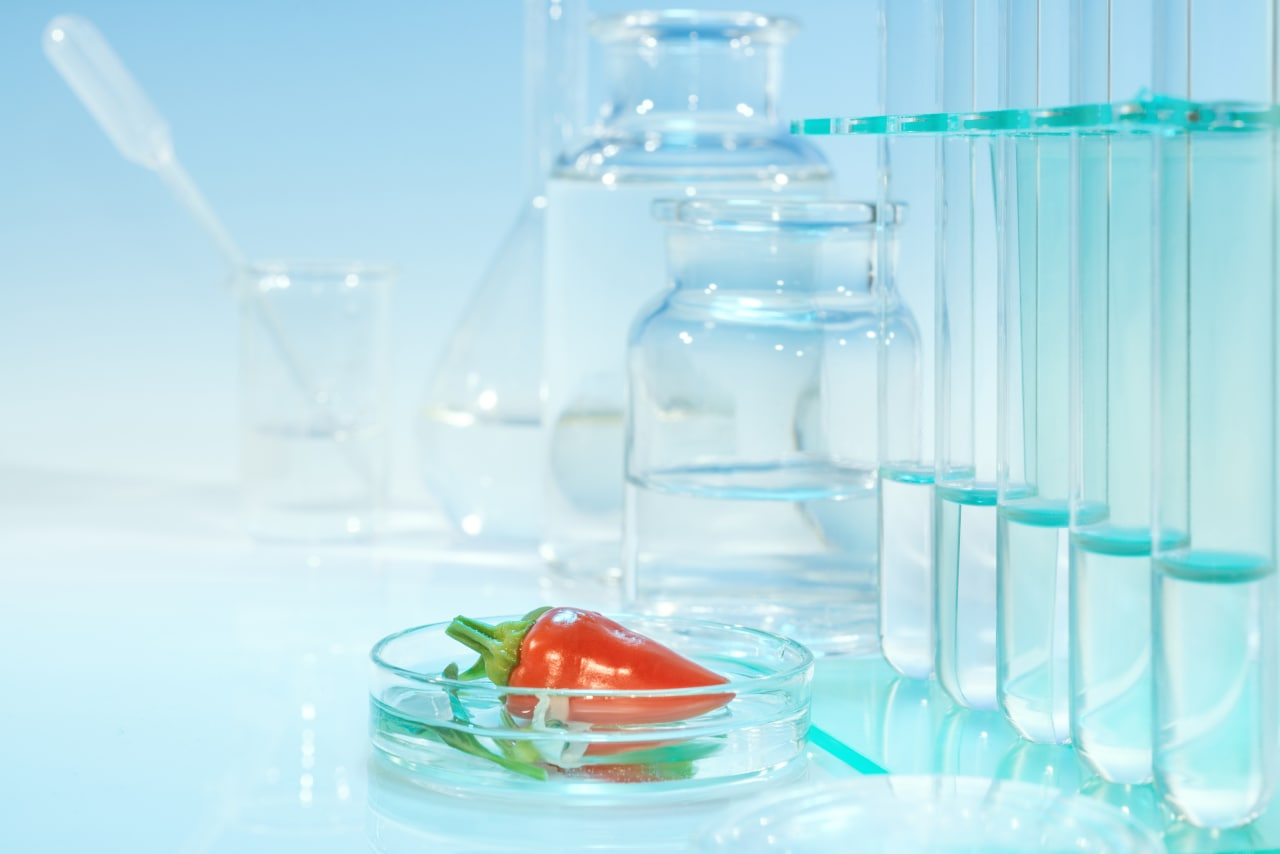The development of population immunity to COVID-19 is unfeasible without mass vaccination. According to epidemiological laws, vaccination of more than 60% of the population typically leads to the end of the epidemiological situation. Nevertheless, during the vaccination, adverse effects may occur which may negate its entire positive effect. One of those is the phenomenon of antibody-dependent enhancement (ADE), where vaccines may apart from blocking the actual infection process enhance the disease course.
This phenomenon was discovered by Hawkes R. in 1964. Later, in the 1970s, role of ADE phenomenon was confirmed within severe forms of Dengue hemorrhagic fever, when in mild cases occurrence of specific antiviral antibodies led to severe course of the disease when infected with another serotype of the virus. Thus, ADE phenomenon develops in response to vaccination and immunoglobulins infusions [1,2].
ADE phenomenon has been observed with such viral diseases as AIDS, hepatitis C, rabies, as well as "severe acute respiratory syndrome (SARS)" and "Middle East respiratory syndrome (MERS)", which are known to be caused by coronaviruses related to the new coronavirus SARS-CoV-2 causing COVID-19. Nowadays, this phenomenon development is feasible among those vaccinated against orthomyxoviruses, paramyxoviruses, retroviruses, picornaviruses, rhabdoviruses and coronaviruses [3].
The core of ADE phenomenon is as follows: antigen-specific antiviral antibodies produced during vaccination form an unstable "virus-antibody" complex, this complex interacts with the Fc receptor and the complement receptor on the surface of phagocytic macrophages. The virus, which is loosely bound to the antibody, penetrates into a macrophage, replicates and multiplies in it. The macrophage meant to provide phagocytic protection of the body in the T-cell immunity system, dies. As a result, the infection aggravates and the antiviral antibodies formed after vaccination may contribute to the viral load increase to an extent [4].
ADE and SARS-CoV-2
Furthermore, SARS-CoV-2 S-protein interacts with C- and L-type lectins, which are expressed on the outer membranes of a wide range of cells involved in immune response. Lectin receptors binding to coronavirus S-protein suppresses macrophages function causing anti-inflammatory cytokines release and T-lymphocytes apoptosis, which can lead to an inadequate immune response as a "cytokine storm" [5].
However, throughout millions of years of viral evolution, biological objects, in particular mammals, have created a unique mechanism for fighting viruses - interferon proteins system. Interferon’s distinguishing feature is that at the first signs of aggression (in 20-30 minutes), cells start producing endogenous interferon, fighting proximately inside the affected cells, binding viral RNAs and preventing the virus from replicating. Moreover, IFN triggers an informational signals cascade that activates T-cell immunity, in particular macrophages system, NK cells ("normal killer cells"), which destroy the virus mechanically. On top of thar, interferon promotes antibodies-immunoglobulins production of various classes within Vimmunity system and plasma cells activation [6].
Acute viral infection involves an increased level of interferon, more than 70% of the body's cells are in antiviral regime, but in severe forms of viral diseases, interferon system of the body goes through functional depression and interferon deficiency [7]. Moreover, new coronavirus SARS-CoV-2 is known to be capable of inhibiting endogenous interferon synthesis. Thus, studies have stated that coronaviruses have an enzyme called endoribonuclease, which helps them suppress early interferon activation not only in epithelial cells (the main targets of viral aggression), but also in macrophages [8, 9].
Louise Dalskov et al. (2020) reasearch showed that alveolar macrophages of lung tissue do not recognize SARS-CoV-2 and do not give an interferon response, although these macrophages produce interferons efficiently in other types of pulmonary viral infections. They also do not induce interferon-stimulated genes (ISG) expression [10].
Therefore, taking in consideration the above, we may ask the burning question: can ADE phenomenon develop after vaccination against coronavirus? Is there a risk of severe forms of COVID-19 infection within re-infection with the SARS-CoV-2 virus? Hypothetically, this is possible, although according to the latest publications and information from the Ministry of Health of the Russian Federation, Roszdravnadzor and Rospotrebnadzor, ADE phenomenon after vaccination with domestic vaccines GamKovidVak (SputnikV) and EpiVacCorona has not been observed so far. However, are there any real defense mechanisms against ADE syndrome development? Certainly. Interferon medicine prescribed for both therapeutic and prophylactic purposes can serve as such a protective factor. In our opinion, today this is the only way to avoid ADE-phenomenon development.
The interferon medicine range is quite wide - from recombinant interferon proteins to interferon inducers.
In addition, according to the Interim Guidelines for Prevention, Diagnosis and Treatment of New Coronavirus Infection COVID-19. (Version 10 of 02/08/2021) of The Ministry of Health of Russia “... interferon-alpha can reduce the viral load at the initial stages of the disease, relieve the symptoms and reduce the duration of the disease ... Therefore, the use of IFN-α medicine in suppositories is justified, especially with antioxidants that provide systemic action of the medicine ... ”.
In this regard, interferon medicine usage for the prevention of ADE-syndrome development, in the form of rectal suppositories, gel and / or ointment, is etiopathogenetically justified.
Bibliography:
1) Halstead S.B., Mahalingam P.S., Marovich M.A. et al. Intrinsic antibody-dependent enhancement of microbial infection in macrophages: disease regulation by immune complexes // Lancet Infect. Dis. 2010. V. 10, № 10. P. 712–722.
2) Halstead S.B., Chow J., Marchette N.J. Immunologic enhancement of Dengue virus replication // Nat. New Biol. 1973. V. 243. P. 24–26.
3) Yip Ming Shum, Leung Nancy Hiu Lan, Cheung Chung Yan, Li Ping Hung, Lee Horace Hok Yeung, Daëron Marc, Peiris Joseph Sriyal Malik, Bruzzone Roberto, and Jaume Martial. Antibody-dependent infection of human macrophages by severe acute respiratory syndrome coronavirus //Virol J.- 2014; P.11: 82.
4) Taylor A., Foo S-S., Bruzzone R. , Luan Vu Dinh L. et al. Fc receptors in antibody-dependent enhancement of viral infections // Immunol Rev 2015 Nov;268(1):340-64. doi: 10.1111/imr.12367.
5) Chiodo F. et al. // Novel ACE2-independent carbohydrate-binding of SARS-CoV-2 spike protein to host lectins and lung microbiota. // BioRxiv, May 14, 2020; DOI: 10.1101/2020.05.13.092478).
6) Mordstein M., Neugebauer E., Ditt V. et al. Lambda interferon renders epithelial cells of the respiratory and gastro-intestinal tracts resistant to viral infections // J. Virol. 2010. Vol. 84. № 11. P. 5670–5677.
7) Le Page C., Génin P., Baines M.G., Hiscott J. Interferon activation and innate immunity // Rev. Immunogenet. 2000. Vol. 2. № 3. P. 374–386. 10. Deng X., Aaron Vol A., , Yafang Chen Y., , Kristina KeselyR.R., Matthew Hackbart M., , Robert C. Mettelman R.C. et al Coronavirus Interferon Antagonists Differentially Modulate the Host Response during Replication in Macrophages// https://www.biorxiv.org/content/
8) 1101/782409v1.full Posted September 25, 2019).
9) Chen C., Zhou Y., Wang D.W. SARS-CoV-2: a potential noveletiology of fulminant myocarditis.// Herz. 2020;10.1007/s00059-020-04909-z. doi:10.1007/s00059-020-04909-z.
10) Dalskov L., et al. // SARS‐CoV‐2 evades immune detection in alveolar macrophages. // EMBO Reports (2020)e51252; DOI: 10.15252/embr.202051252.
Colleagues, have you joined our PharmaCourses Telegram chat yet?
Join Now: https://t.me/joinchat/V1F38sTkrGnz8qHe


%200000.png)





